5 Things a Fertility Doctor Wants You to Know
Sponsor Content Created With CCRM Fertility

Moms come in all forms—biological, adoptive, advisory, etc.—and the journey to motherhood itself is different for everyone. What matters most is how moms educate themselves on the different options they have available and what works best for their individual scenario. If getting pregnant is in your plan, what do you need to know about fertility? What should you be aware of even if it's not an immediate plan? We asked an expert.
To answer all our questions about fertility and available options for conceiving, we talked to board-certified reproductive endocrinologist Jaime Knopman, MD, at CCRM Fertility, a global pioneer in fertility treatment with 11 fertility centers in North America. The fertility clinic specializes in the most advanced fertility treatments available with deep expertise in vitro fertilization (IVF), fertility assessment, fertility preservation, third party reproduction and egg donation. Here's what she had to say:
Your Fertility Doesn't Last Forever

"First things first, your fertility does not last forever. Time matters. As women, we are born with all of the eggs we are ever going to have. In fact, we've lost most of our eggs before we're even born. There is another huge step down between birth and our first period. After that, it is a fairly steady decline as you approach your late 40s.
Unfortunately, advanced maternal aging is the most common infertility diagnosis. While you may look great, feel great, and be great, your eggs and ovaries have a very limited time for feeling great. Egg quality and quantity start to reduce for most of us at 32. It takes a steeper turn at 35, more seriously at 37 to 38, and then really nose dives at 40. And it’s not just that we are losing quantity, we are also losing quality. This is why the rate of infertility and miscarriage increases as we age. This is why an infertility diagnosis and speed at which you need to seek care are dependent on your age. You need to see a fertility doctor much sooner if you are 38 than if you are 28. The sooner you come in, the sooner you can get help."
Talk to Your Mom

"As the old saying says, mother does know best. We often mimic our female family members when it comes to reproduction. Therefore if your mom or your sister had menopause early, you may, too. You should take this information to your gynecologist because it may require you to act in your 20s, way before you ever thought you would be thinking about children."
Keep a Healthy Lifestyle But Have Fun, Too
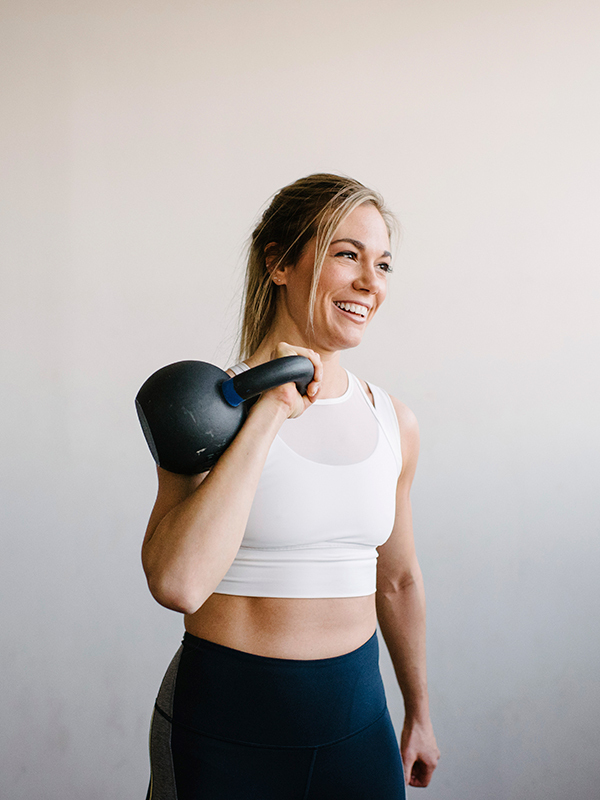
"A healthy lifestyle can translate to a healthy reproductive system. Eat right, exercise, don't smoke, sleep—the healthier your body is the healthier your body will be when you want to have a baby. However, this does not mean you can't have coffee, you can't have a drink, and you can't eat french fries. Life is about doing things in moderation. We give the same advice to couples trying to conceive.
For those who are considering pregnancy, now or in the future, and especially individuals currently journeying through infertility, there are several things you can do to help boost your fertility. CCRM TV provides insight on fertility wellness tips, including: fertility nutrition, vitamins and supplements to support your fertility, stress reduction with yoga, meditation and more."
Don't Smoke

"This should be obvious but don't smoke. Tobacco use increases the risk of infertility, early menopause, and miscarriage."
Talk to Your Doctor—Even If You're Not Ready Just Yet
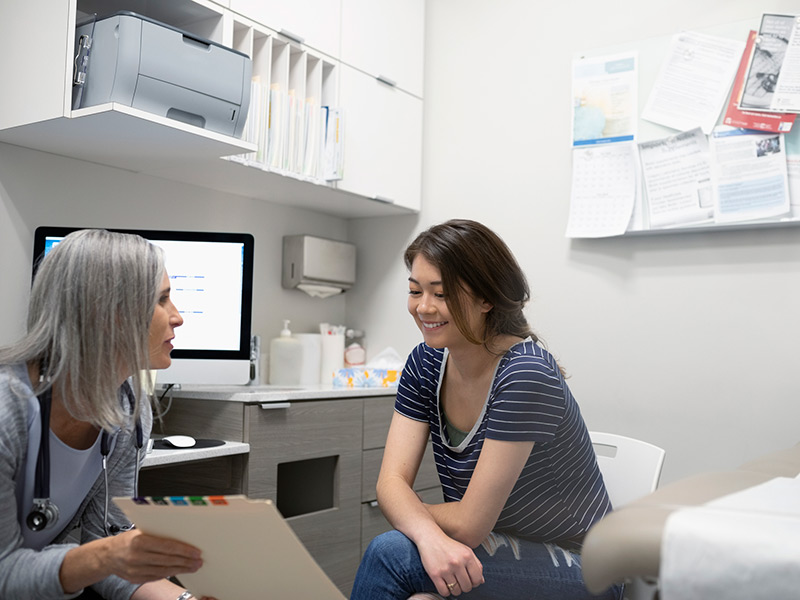
"Lastly, your medical history (autoimmune disease, cancer, surgery, etc.) may impact your future fertility. Be your own advocate with your gynecologist. Ask lots and lots of questions about your fertility and your fertility options. Share your questions with your general practitioner, who knows your history and can give you the best answers.
What are some things you should discuss with your doctor, even if you're not looking to get pregnant any time soon? You should talk about your medical history, your family's reproductive history (particularly your mom, grandmother, and sister), and your intentions. If you are 33 and planning to put off having children for five-plus years, you should consider fertility preservation (also known as egg freezing) or at the least a fertility evaluation. If you have a gynecological condition that impacts the regularity of your periods, makes your periods super painful, or makes your periods super long, you should consider seeking the advice of a fertility doctor even before you want to have children.
The more information you have, the more choices that are available to you not only now but in the future as well."
CCRM Fertility aims to empower women and individuals with the knowledge to make informed decisions that can positively impact their future. Learn more about CCRM Fertility here.
This article is provided for informational purposes only and is not intended to be used in the place of advice of your physician or other medical professionals. You should always consult with your doctor or healthcare provider first with any health-related questions.
Sarah is lifestyle writer and editor with over 10 years of experience covering health and wellness, interior design, food, beauty, and tech. Born and raised in Los Angeles, she attended New York University and lived in New York for 12 years before returning to L.A. in 2019. In addition to her work at Who What Wear, she held editor roles at Apartment Therapy, Real Simple, House Beautiful, Elle Decor, and The Bump (sister site of The Knot). She has a passion for health and wellness, but she especially loves writing about mental health. Her self-care routine consists of five things: a good workout, “me” time on the regular, an intriguing book/podcast/playlist to unwind after a long day, naps, and decorating her home.
-
 I Live for Yoga and Pilates—These Are the Pieces That Help My Flow
I Live for Yoga and Pilates—These Are the Pieces That Help My FlowTake notes.
-
 It's Time to Get Our Nutrition in Check for Summer—This App Is Making It Easy
It's Time to Get Our Nutrition in Check for Summer—This App Is Making It EasyThe recipe ideas are endless.
-
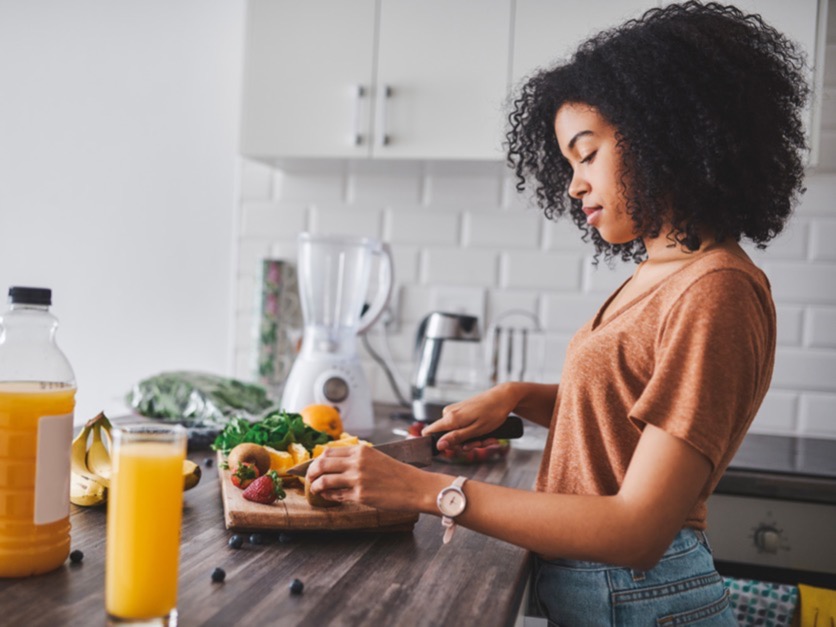 If You're Battling With Digestive Issues, This Could Be Why
If You're Battling With Digestive Issues, This Could Be WhyTurns out, you may not have IBS after all.
-
 Our Editors Own a Lot of Sneakers, But This Pair Comes in First Place Every Time
Our Editors Own a Lot of Sneakers, But This Pair Comes in First Place Every TimeA major win.
-
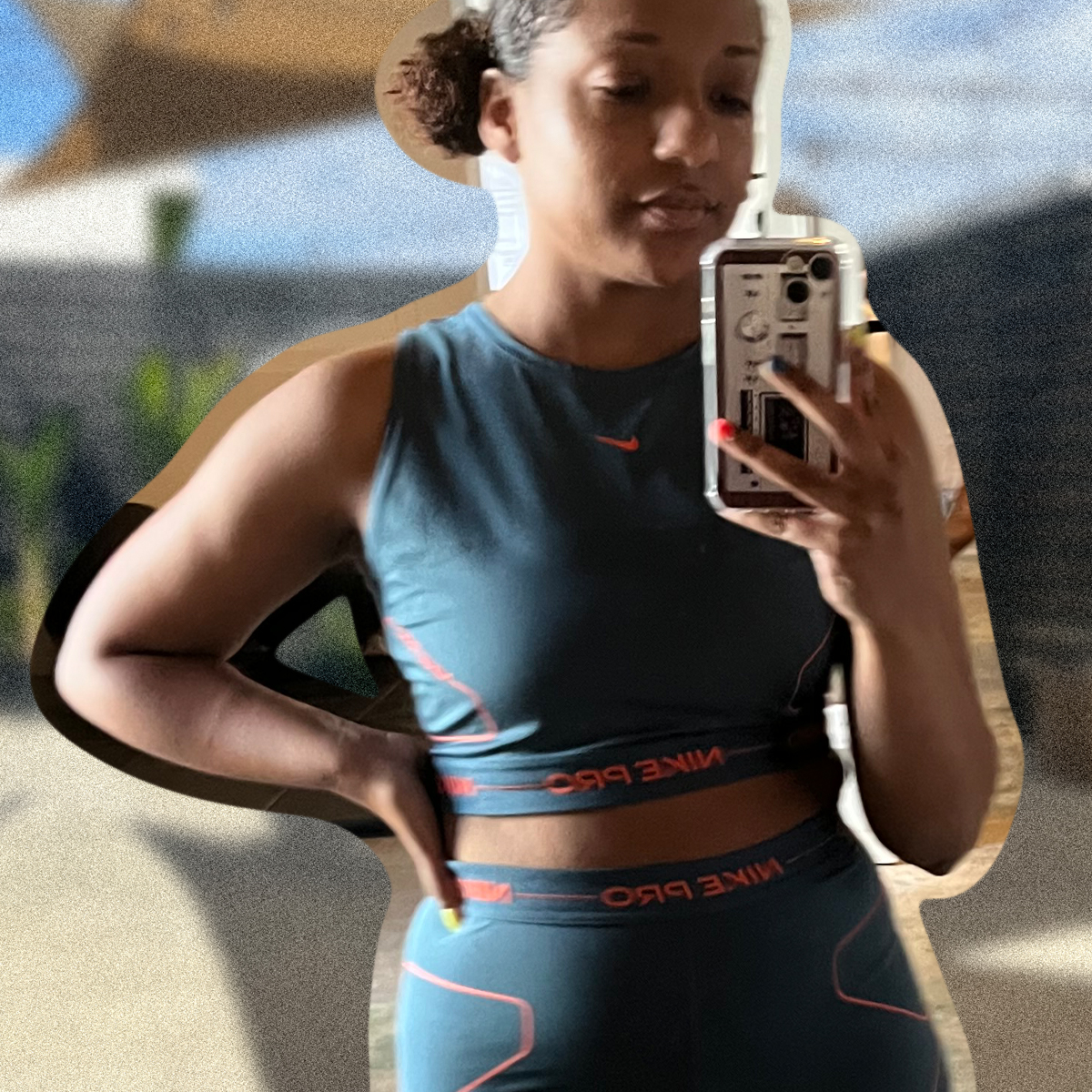 I Changed My Mind About Strength Training When I Tried This Workout
I Changed My Mind About Strength Training When I Tried This WorkoutMy confidence is officially on 10.
-
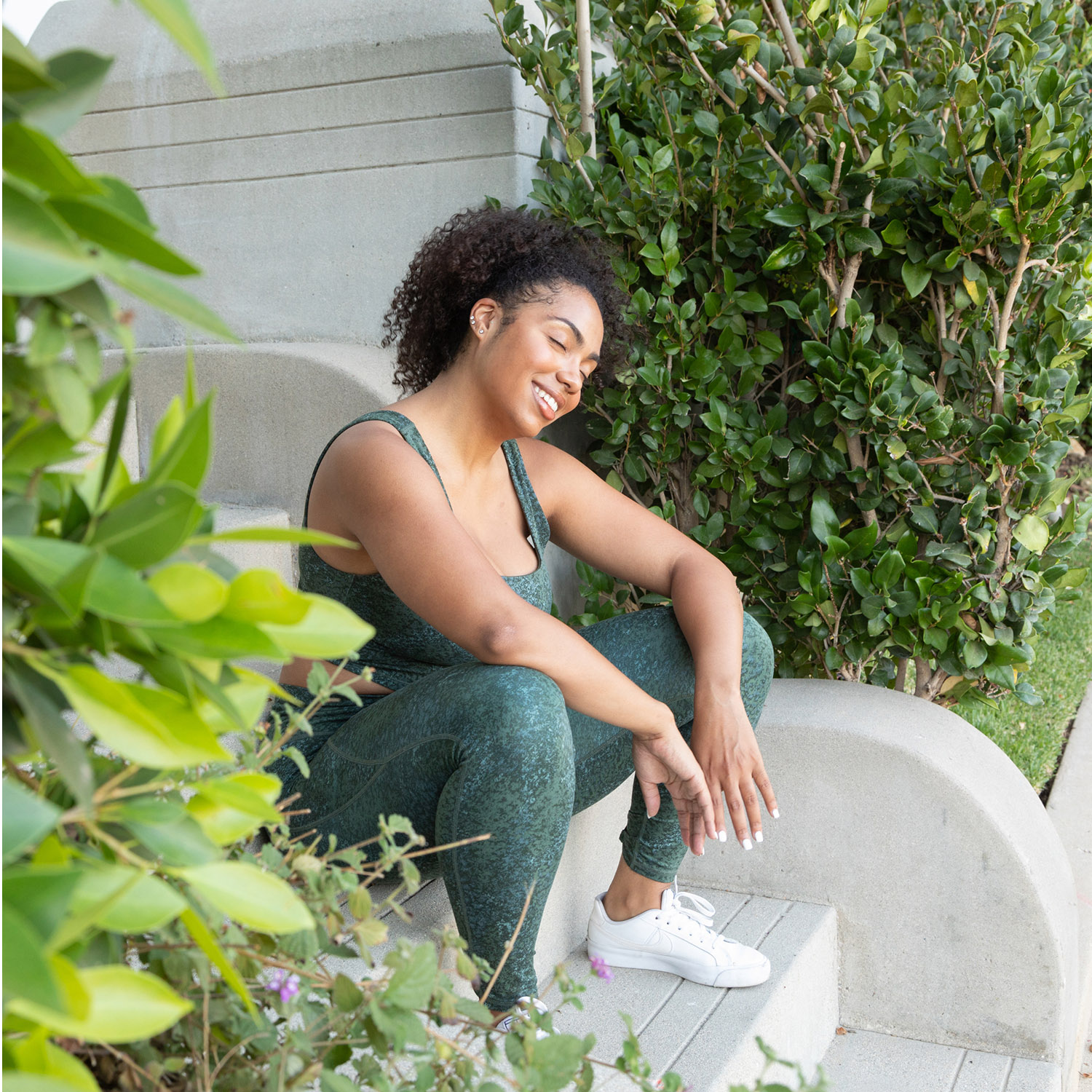 This Type of Gear Will Take Your Workout to the Next Level
This Type of Gear Will Take Your Workout to the Next LevelBring it on.
-
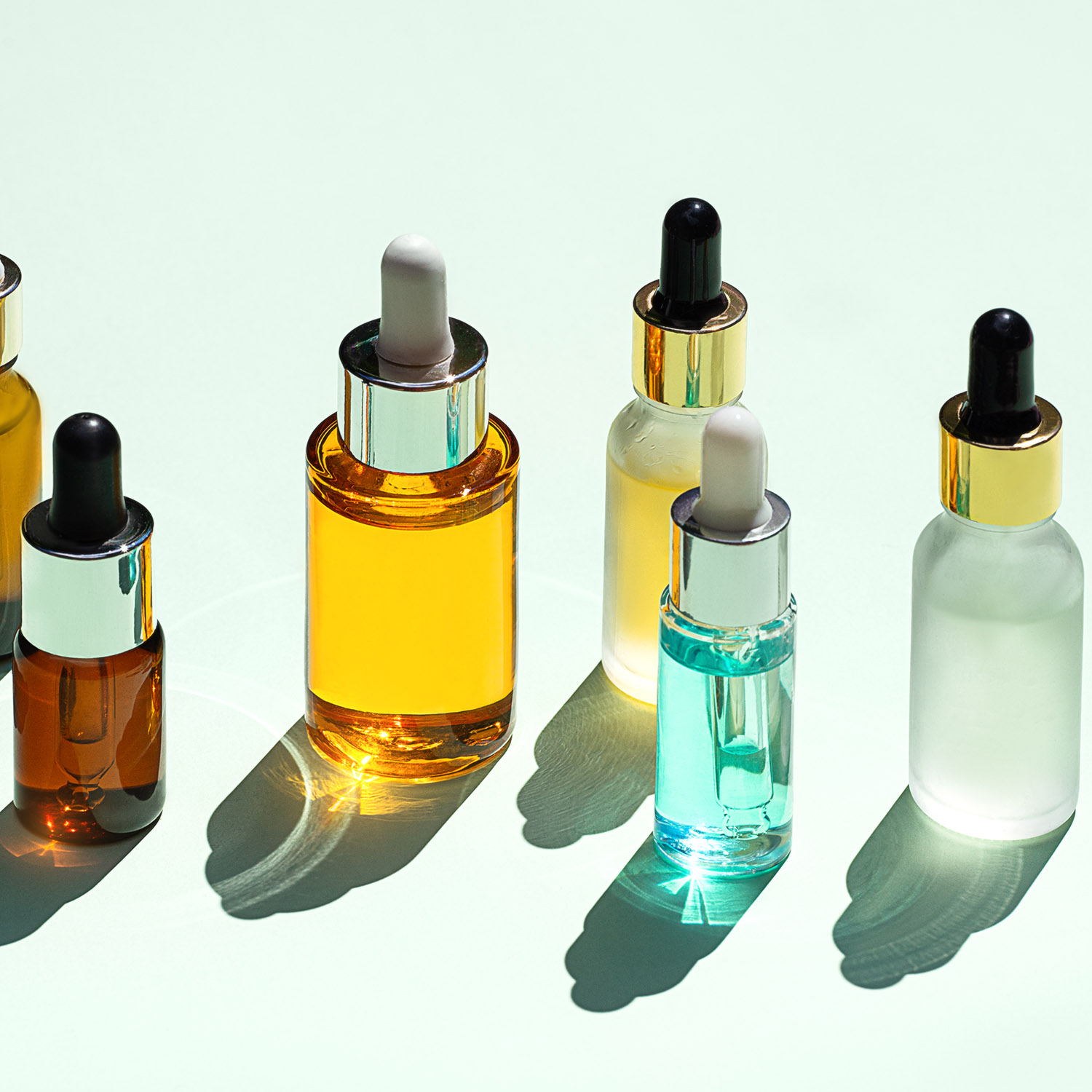 6 Essential Oils That Will Heal Your Painful Sunburns
6 Essential Oils That Will Heal Your Painful SunburnsAll-natural relief ahead.
-
 The Activewear Accessory That Can Change Your Yoga Practice
The Activewear Accessory That Can Change Your Yoga PracticeIt's so helpful.

